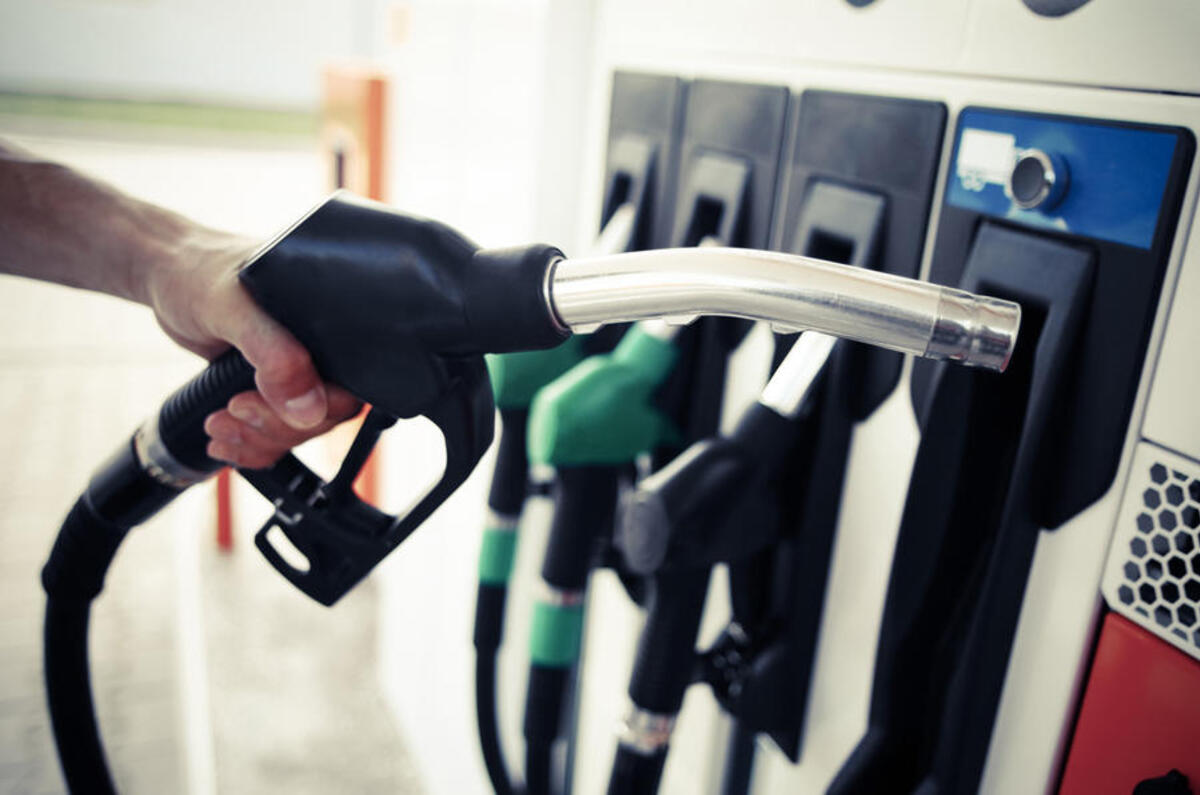The Commons Transport Select Committee has called on the government to look at new taxes as people switch out of petrol- and diesel-powered cars, suggesting a tax based on miles travelled.
This would use “telematic technology” to charge drivers according to distance driven, vehicle type and congestion. The committee called on the government to start an honest conversation with the public, saying that new taxes must entirely replace the existing set-up, rather than being in addition to, and also be revenue neutral. Motorists should pay “the same or less than they do currently”.




Join the debate
Add your comment
I love it. They call for an 'honest' conversation with public. Another politicians phrase I like is "we need to have a grown-up debate".
Honest and grown-up are the last things you'll find within Westminster.
I always wanted to do away with VED and put tax on the fuel so would agree with road charging - if they can make it work. Those who use the roads more should be charged more. Seems only fair to me.
It's a bit late to be considering how to tax EVs after the government has spent the last few years encouraging us to drive the things. But then that is the governments way of doing business - act first, think later. That said any system needs to be equitable to both EVs and combustion vehicles and clearly at the moment it's not. But fear not the criminal mind always has a way of avoiding such unpleasantaries as tax, that's why 10% of drivers don't bother!
Incidentally to the person who thinks only one fifth of the price of petrol is tax, fuel duty is currently around 58p per litre with tax accounting for over 60% of the price of petrol and diesel. It is I believe the only comodity where tax is paid on an existing tax, no wonder everyone complains. No doubt the government will find a way to rob EV owners when we are all driving them!
The problem with Pay as You Drive systems is the amount of variables required to calculate the final bill. Time of day,type of road, Emisions of the vehicle and age of vehicle all have to be taken into account. If drivers are not given instant updates as to what it is costing them then they could end up with a massive bill at the end of the week/month/year.By putting the tax on fuel people know if they do not have the money to put fuel in their tank they can't drive. As with gas/electricity there is a reason the less well off have to have pre-payment meters fitted...so they don't run up excessive bills that they can not afford to pay.That is ignoring the cost and logistics of fitting telematics units to every car (see Smart meter roll out) and producing bills and collecting the payments.
Software and apps based on Google Maps, among others, already exist and are able to use that kind of detail and provide a costing, according to the route one plans, for any given day or time, before even setting off. Data which is uploadable to a sat-nav (assuming car is fitted with telematics, or can communicate with a phone, for example), having real time updates is easy enough.